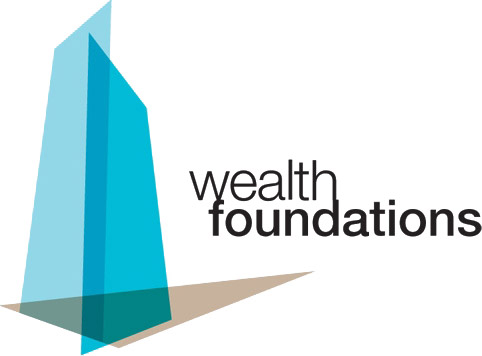

 We overvalue what we already own
We overvalue what we already own
Behavioural scientists have identified a number of psychological biases that may interfere with rational decision making. One of these is the so-called “Endowment Effect”, the tendency to place a higher value on something that we currently own than would an objective third party.
Numerous studies have identified this bias. A famous one, referred to in Jason Zweig’s “Your Money and Your Brain”, reveals how the perceived value of a simple coffee mug can vary depending on whether or not the valuer owns the mug. Zweig reports that:
“people demand a price two to three times higher to sell a mug they have just gotten than for one they do not yet have.”
Such behaviour is totally inconsistent with the standard economics’ assumption that we are rational in making assessments of value i.e. for a rational person, in the economist’s sense, the value attached to an item is not influenced by ownership. Dan Ariely, in his bestselling book, “Predictably Irrational”, identifies three “quirks” in human nature that explain how we often behave:
- We fall in love with what we already have;
- We focus on what we may lose, rather than what we may gain; and
- We assume other people will see the sale of an item we own from the same perspective as we do.
The “Endowment Effect” may cause us to reject offers for things we wish to sell, despite those offers being reasonable. It may paralyse our decision making and prevent us from moving on.
A “blank sheet of paper” may increase objectivity
In a financial planning/wealth management context, we see many instances of the endowment effect in action. Some common examples include:
- An inflated view of the value of the family home. There are a lot of experiences and emotions tied up in the family home that are of value to the owner but are worth nothing to a potential purchaser;
- Carrying excessive personal risk insurance cover. This may be despite a strong reluctance to purchase the insurance in the first place; and
- Holding onto large direct shareholdings, despite the increased financial risk they imply. While this may be based on tax considerations, often it is simply due to some sort of emotional attachment or belief that ownership bestows some “specialness” on the shares.
Dan Ariely suggests that:
“There is no known cure for the ills of ownership”.
However, we are not so pessimistic.
A first strategy is prevention. For example, holding highly diversified managed share funds, rather than direct shares, is not only sound risk management but also reduces the likelihood of forming any emotional attachment. It is hard to fall in love with a fund that may hold 300 or more individual shares, many of which you have never heard and don’t know what they do.
But to assist clients to make more objective decisions regarding the sale of something they already own we use what we call the “blank sheet of paper” technique. It is best illustrated by an example.
A client wants to sell the family residence as they have already committed to another residence / way of life. They consider the home is worth at least $2 million. Their real estate agent confirms that this is a reasonable expectation, but perhaps at the high end.
After being actively marketed for two months, with little interest shown, a firm offer of $1.7 million is finally received. The initial reaction is that this is ridiculously low and unacceptable. The offeror just does not understand the value. It may lead to a view that it would be better to rent the house and wait until the market improves.
We see this as, potentially, one flawed decision (i.e. succumbing to the endowment effect) leading to another (i.e. creating an unintended investment property that will almost certainly be inconsistent with the existing investment strategy).
To avoid falling into this trap, we ask the client to imagine they do not own the residence they are trying to sell, but instead have $1.7 million in cash. We then ask that given their circumstances and objectives, would they use the cash to buy the residence.
If the answer is “no”, as it often is, the endowment effect is adversely influencing decision making. They should accept the offer and get on with their lives. Should the answer be “yes”, they may choose to hang onto the property in the hope of a better offer, with some comfort that the endowment effect is not unduly biasing decision making.
Psychological biases may impede smart decision-making
Psychological biases, such as the endowment effect, cannot be totally eliminated, as most of them are the result of evolution and are hard-wired into our brains. They are often an impediment to good decision making.
If you want to make smart decisions on a consistent basis it is important to be aware of and compensate for these inbuilt “irrational” flaws that afflict us all. The “blank sheet of paper” is one effective compensation technique.
Unfortunately, much of our behaviour occurs outside our awareness and, as a result, most people will continue to make decisions that are not objectively in their best long term interests.
